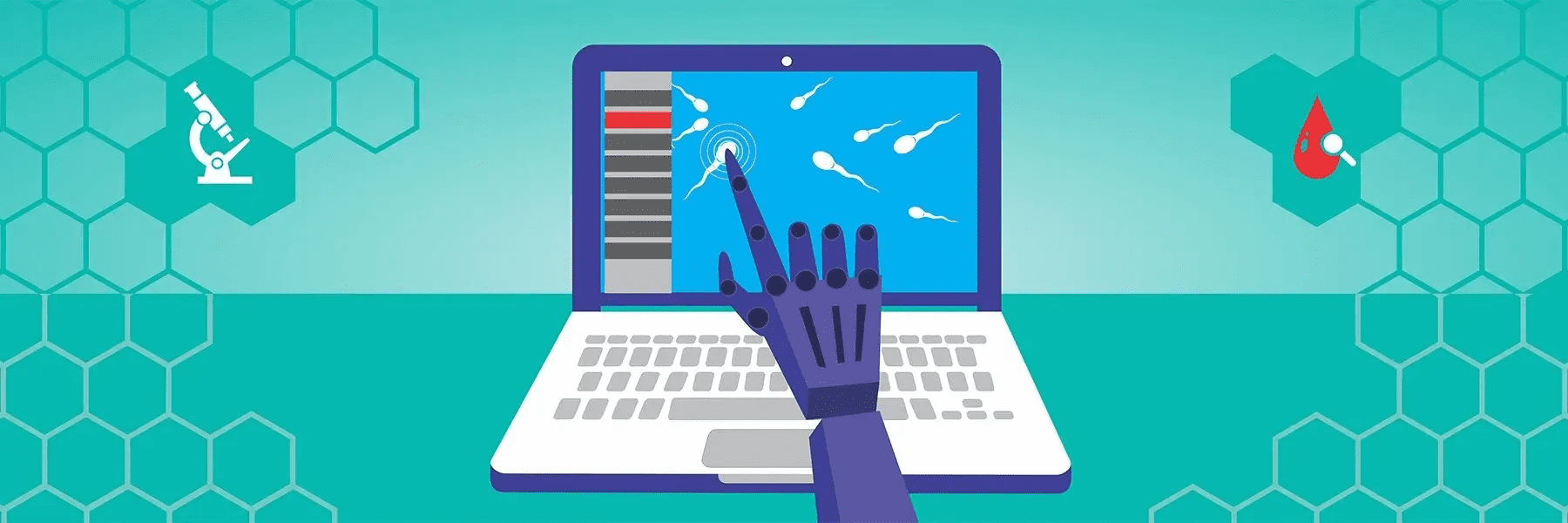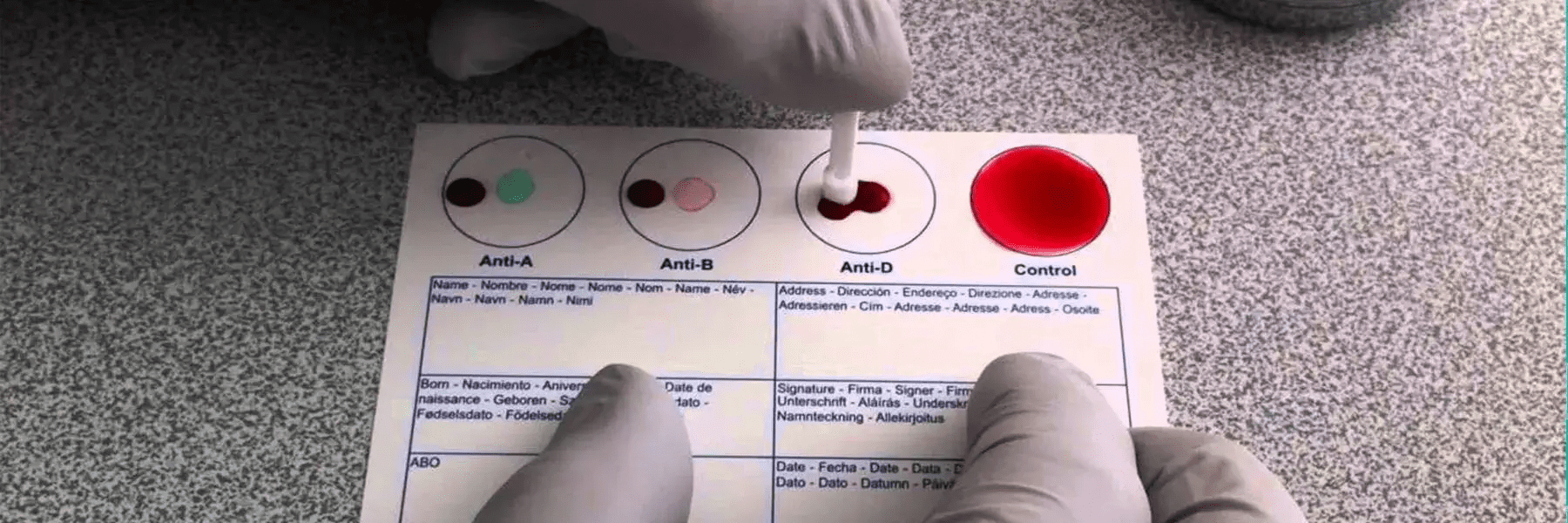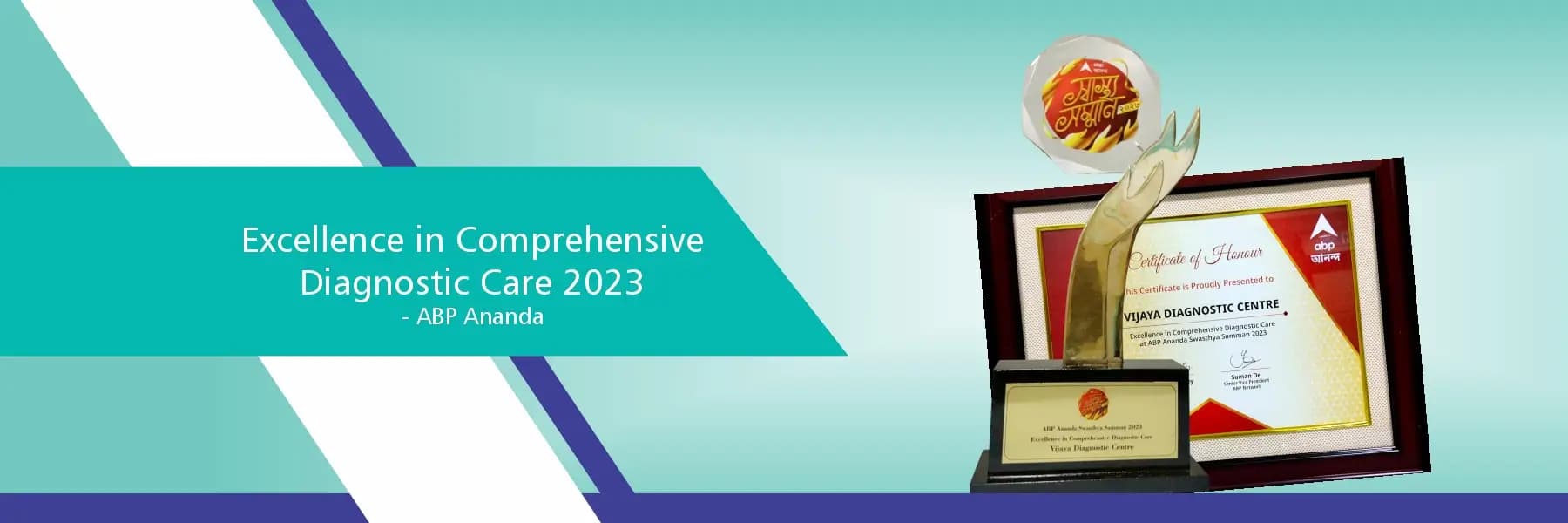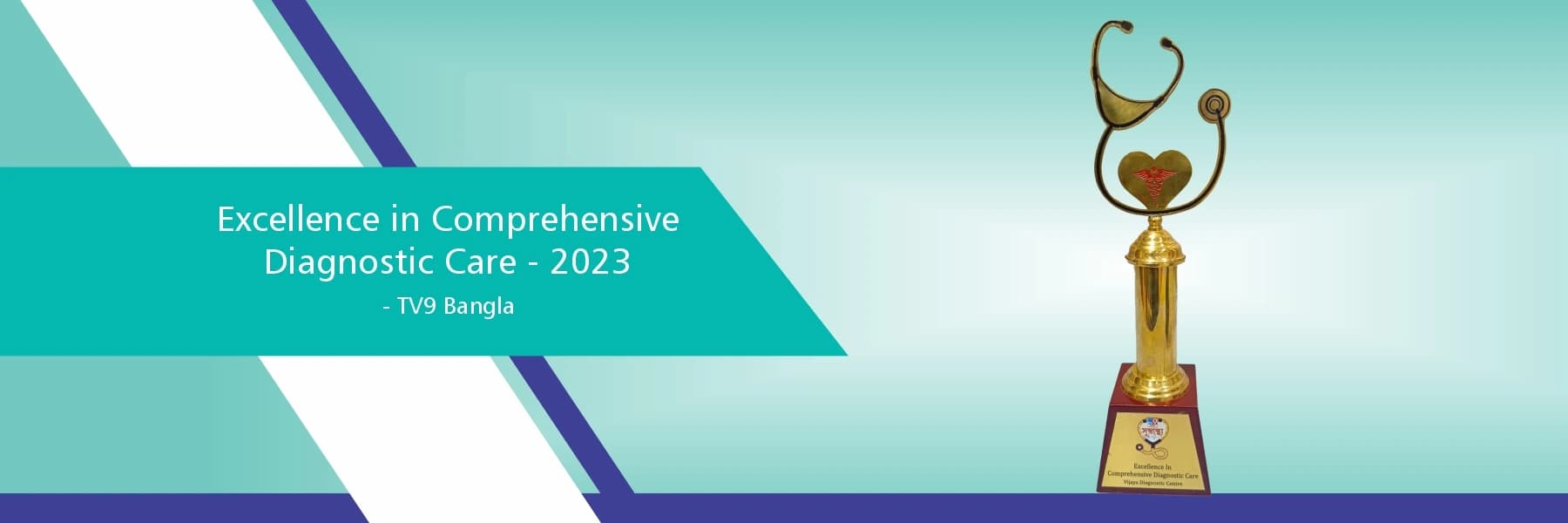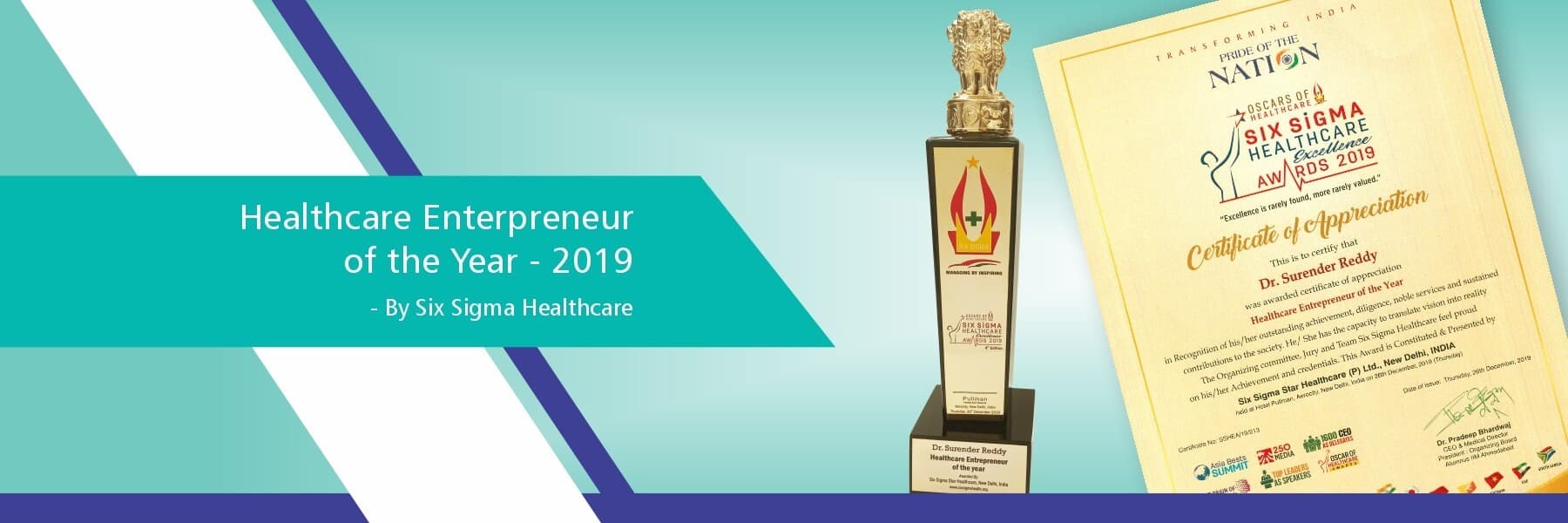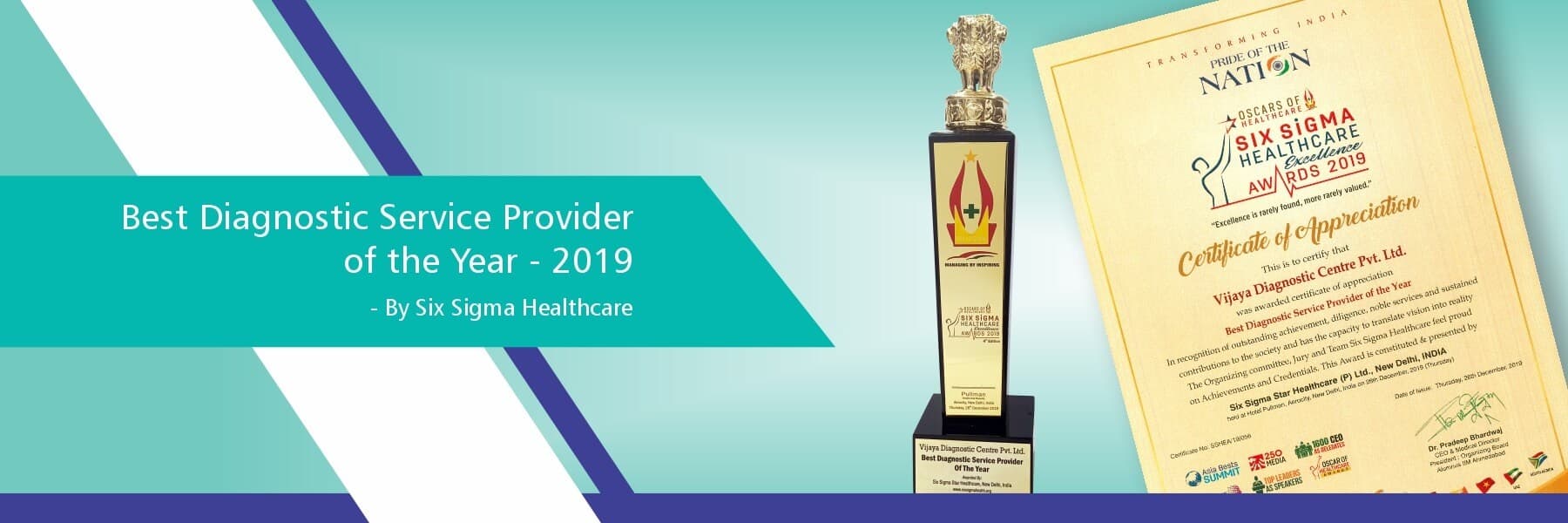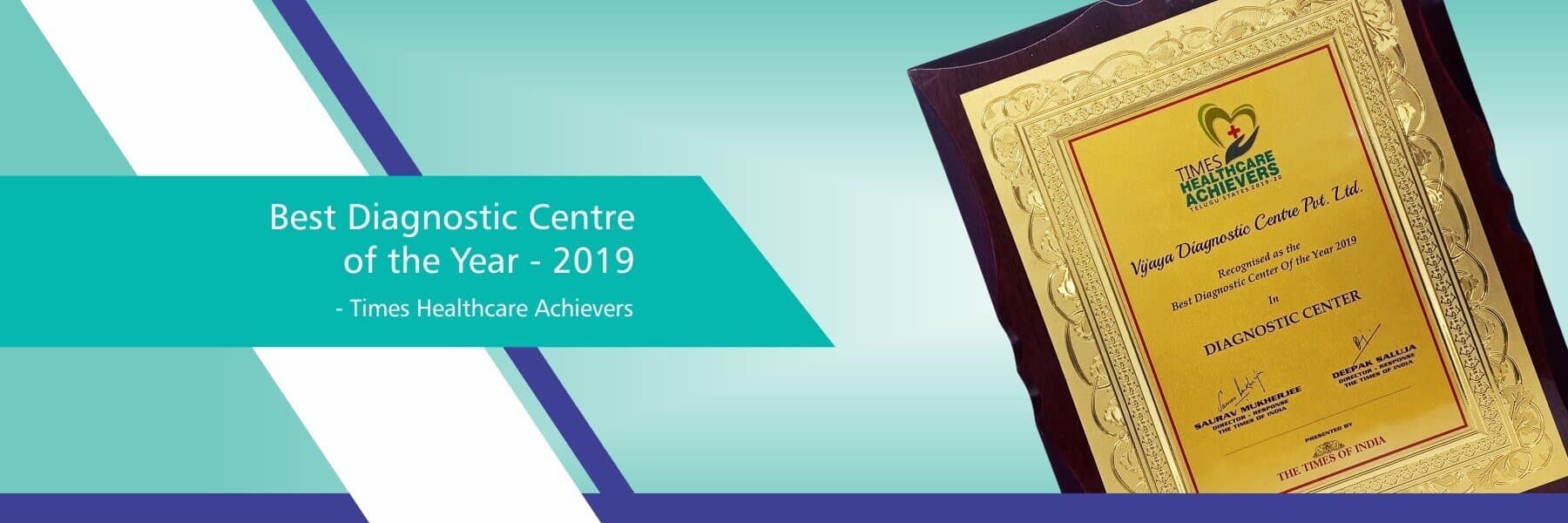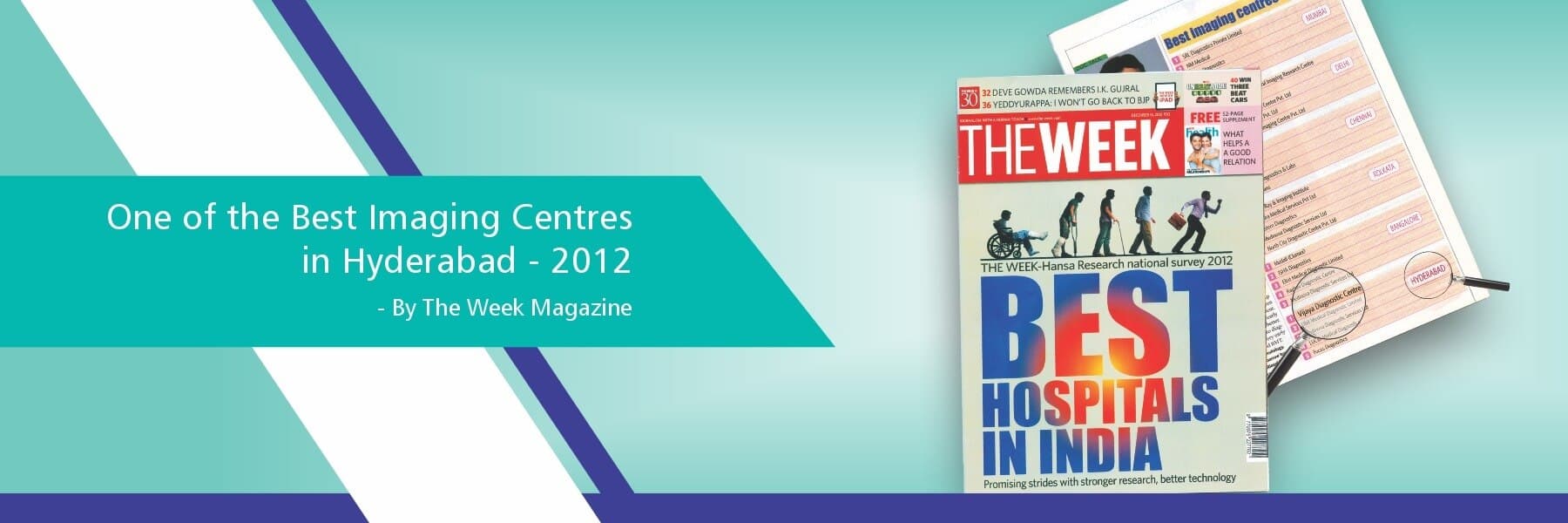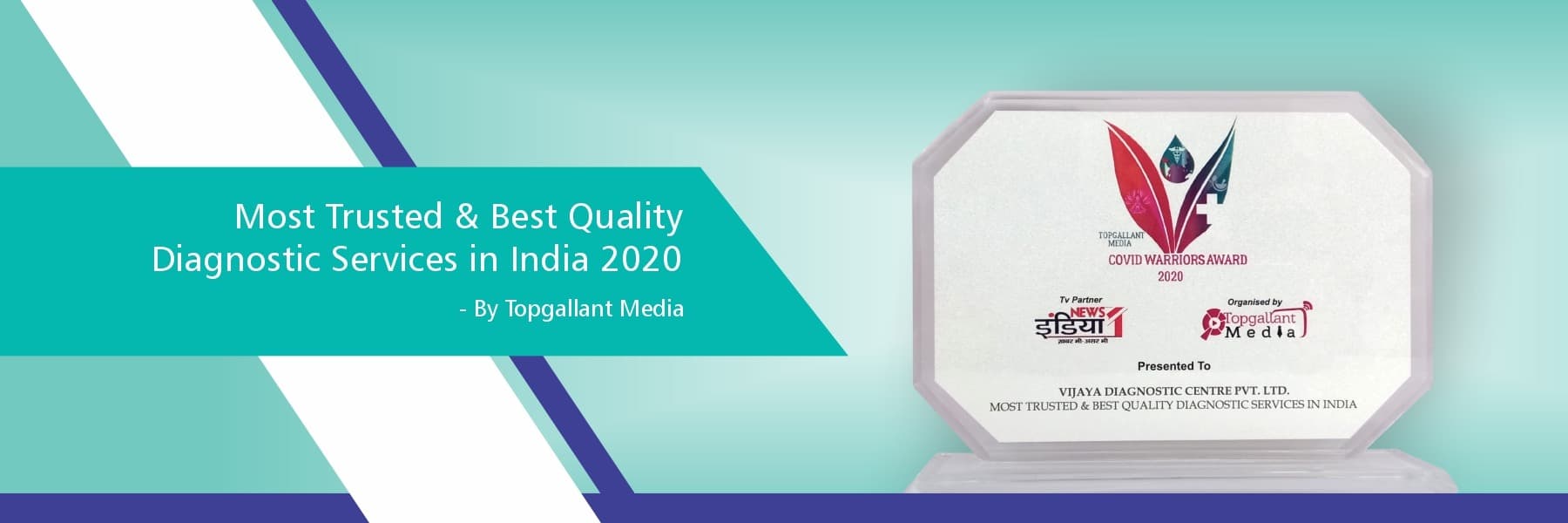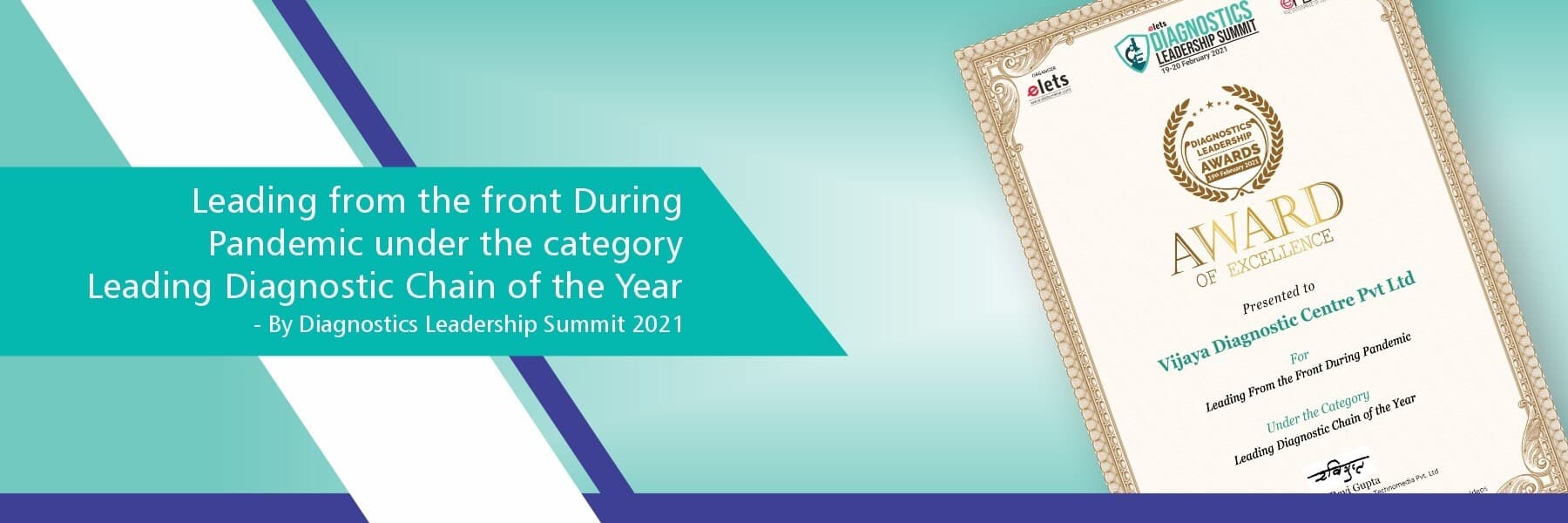What is Gastroenterology?
Gastroenterology encompasses the study, diagnosis, and treatment of conditions affecting the gastrointestinal (GI) tract, liver, gallbladder and pancreas.
Whether you're experiencing occasional heartburn or facing more complex digestive issues such as IBD, you will have to seek the expertise of gastroenterologists, specialist doctors trained and equipped to deal with the issues of the digestive system.
Common Gastroenterology tests
Finding the cause for unexplained abdominal pain, persistent heartburn and other digestive issues and gastroenterology diseases starts with a gastroenterology test. They aid gastroenterologists to diagnose and treat a wide variety of gastrointestinal and hepatobiliary conditions.
Gastrointestinal procedures are usually either diagnostic or therapeutic in nature. However, the classNameification of a procedure may depend on the specific reason behind it. For example, a colonoscopy can be used to both diagnose colon cancer (gastrointestinal diagnostic test) and remove polyps (therapeutic gastroenterology procedure). A few common gastrology tests include:
- Flexible Sigmoidoscopy: A narrow flexible tube with a camera is used to examine the lower portion of your large intestine (sigmoid colon and rectum). It can aid in screening and diagnosing conditions such as colon cancer and inflammatory bowel disease (IBD).
- Colonoscopy: It is similar to sigmoidoscopy but it examines the entire large intestine. It is used to screen for colon cancer, diagnose IBD and remove polyps.
- Upper Endoscopy: A narrow flexible tube with a camera enables doctors to examine your digestive tract and check for ulcers, bleeding or inflammation. It aids in cancer screening and identifying causes for heartburn, indigestion and stomach pain.
- Capsule Endoscopy: You swallow a tiny camera-equipped capsule that captures images of your small intestine. It is used to view areas unreachable by regular endoscopes. It aids in diagnosing Crohn's disease, ulcers, and other small bowel issues.
- Breath Testing: Measures and analyzes gasses released during digestion. It aids in identifying intolerances like lactose intolerance or H. pylori bacteria (linked to ulcers).
- Stool Tests: Analyze stool samples to check for hidden blood, signs of bowel cancer & gastrointestinal infections and other health conditions. It is often used for colon cancer screening.
- Barium Swallow Test: Patients will be asked to drink a chalky barium sulfate solution that coats the inner walls and linings of their esophagus and stomach. An X-ray is taken after this to look for blockages or abnormalities. This aids in the detection of suspected tumors, and identifying causes for swallowing difficulties.
- Endoscopic Ultrasound: Combines endoscopy with ultrasound to provide detailed images of your digestive tract and surrounding organs. Aids in diagnosing tumors, pancreatic diseases & other conditions.
- Fibroscan: This imaging technique uses sound waves to assess liver health, detecting problems like fibrosis or cirrhosis without using needles.
- Liver Biopsy: Procedure to extract liver tissue using a needle usually during an endoscopic procedure. It aids in diagnosing liver diseases like hepatitis, cirrhosis and tumors.
- Polypectomy: A therapeutic procedure performed to remove polyps (abnormal growths) found during colonoscopy, sigmoidoscopy, or other endoscopic procedures.
- Esophageal Motility Testing: Evaluates the muscle contractions and peristaltic movements in your esophagus to diagnose swallowing disorders.
- Esophageal Dilation: A therapeutic procedure performed to expand a narrowed esophagus using a balloon to improve swallowing.
Barium Enema, ERCP (Endoscopic Retrograde Cholangiopancreatography), gastrostomy and Jejunostomy are some of the other common gastroenterological procedures and tests.
Why would someone need a Gastroenterology test?
- Diagnostic Purposes:
If you are experiencing concerning symptoms such as unexplained abdominal pain, nausea, swallowing difficulties, severe indigestion, persistent acid reflux, diarrhea, blood in your stool or rectal bleeding then your doctor or Gastroenterologist might order a Gastrointestinal Test (GI test) to pinpoint the exact cause for the symptoms and suggest effective treatment strategies.
Constipation, Frequent or severe heartburn and unusual bloating are some of the other common reasons which may prompt your doctor or Gastroenterologist to order Gastrointestinal examinations.
Gastrointestinal tests may also be ordered to screen for and monitor the progress of certain types of cancers including Esophageal cancer, colon cancer, stomach cancer and pancreatic cancer.
- Therapeutic procedures: Procedures such as colonoscopies may be performed to remove polyps and ERCP (Endoscopic Retrograde Cholangiopancreatography) may be used to treat blockages and remove stones.
- Monitoring the effectiveness of treatment strategies & adjusting treatment plans: They aid in Tracking changes in disease markers and evaluating symptomatic changes For example, tests like colonoscopy can reveal if polyps have shrunk or disappeared post-treatment for colon cancer. For conditions like IBD, test results can determine changes in the type of medication and dosage.
Regular Gastrointestinal tests can catch early signs of disease recurrence, enabling prompt intervention and improved outcomes.
- Identifying complications: Gastroenterology procedures can also be used to detect complications and side effects such as inflammation, ulcers or bleeding that arise from certain treatments, enabling early detection & management.
- Proactive Health checkups: The risk of developing colorectal cancer increases with age so older individuals are advised to undergo colonoscopies every 5 to 10 years.
What conditions do Gastroenterologists diagnose and treat?
From stomach aches, heartburn & diarrhea to cancers & appendicitis, and everything in between, digestive issues and gastrointestinal concerns can pop up and disrupt your well being. When these issues arise, seeking the expertise of a gastroenterologist becomes crucial. Gastroenterologists can diagnose and treat a wide range of issues affecting various organs that make up your digestive system including the stomach, small & large intestines, esophagus, biliary tract, gallbladder and pancreas. Some of the common gastrointestinal conditions and diseases include:
Stomach and intestinal issues such as:
- Irritable bowel syndrome (IBS)
- Inflammatory bowel disease (IBD)
- Celiac disease
- Small intestinal bacterial overgrowth (SIBO)
- Food allergies and intolerances
- Stomach ulcers
- Diverticulitis
- Appendicitis
- Colorectal polyps
- Hemorrhoids
Esophageal conditions including:
- Swallowing difficulties
- Gastroesophageal reflux disease (GERD) or heartburn
- Esophagitis
- Hiatal hernias
Liver conditions and issues such as:
- Fatty liver disease
- Cirrhosis
- Viral hepatitis
- Toxic hepatitis
Pancreas, Biliary Tract and Gallbladder conditions including pancreatitis, Gallstones and Cholecystitis.
Digestive discomfort shouldn't hold you back. Our Gastrointestinal test costs are highly competitive and won’t dig a hole in your pocket. We promise!
Explore Vijaya Diagnostics's wide range of gastrointestinal diagnostic tests with instant appointment booking, home sample collection, and transparent pricing. Get the answers you need for optimal gut health. Download the Vijaya Diagnostics App & Book now!
Frequently Asked Questions
1. What are the common conditions treated by Gastroenterologists?
Ans) Gastroenterologists treat a wide range of digestive and hepatobiliary issues, from everyday problems like Acid reflux (GERD), Heartburn, Indigestion (dyspepsia), Constipation Diarrhea to more complex conditions such as Inflammatory bowel disease (IBD), ulcers, Gallstones, colorectal cancer, pancreatitis and liver diseases including hepatitis & cirrhosis
2. What is an Endoscopy?
Ans) A flexible thin tube with a camera is inserted to visually examine the insides of your digestive tract.
Different types of endoscopies focus on specific areas.
- An upper endoscopy examines the esophagus, stomach & upper small intestine.
- Colonoscopy examines the entire colon & rectum
- Sigmoidoscopy examines the lower portion of the colon & rectum.
3. What is a Colonoscopy?
Ans) A narrow flexible tube with a camera is inserted into the anus examining the entire large intestine. It is primarily used for colon cancer screening, diagnosing IBD and removing polyps.
4. What dietary and lifestyle changes can help improve digestive health?
Ans)
- Eat a balanced diet and stay hydrated
- Eat smaller, more frequent meals (preferably at the same time each day)
- Maintain a healthy weight and exercise regularly
- Reduce alcohol and sugar intake
- Reduce stress and get adequate sleep
- Stop or limit smoking
- Include probiotic-rich foods such as yogurt, kombucha, kefir & curd to improve your gut health and microbiome
5. How To Prevent Gastrointestinal Diseases?
Ans) Following these steps can help you prevent against gastrointestinal diseases and issues:
- Get screened periodically for specific gastrointestinal diseases like colon cancer
- Get vaccinations against viruses such as hepatitis A and B
- practice proper food hygiene (especially when consuming meat)
- Eat a healthy and balanced diet
- Exercise regularly and reduce stress
- Ditch smoking
- Limit sugar and alcohol consumption
6. What are the risk factors for digestive disorders?
Ans) A few of the risk factors associated with digestive disorders are as follows:
- a high fat and low fiber diet increases the risk of several digestive issues.
- Lifestyle choices such as sedentary lifestyle, alcohol consumption, smoking, poor sleeping habits and eating processed & junk food
- Family history and genetic factors also increase the likelihood of developing certain digestive disorders
- obesity and high levels of stress
- Consumption of certain medications may impact digestion and absorption of nutrients
- Nutritional deficiencies and other underlying health conditions
- age and gender: Colon cancer risk starts to increase significantly after age 50 for men and peaks around 80 while the incidence of colon cancer peaks earlier in women (around 70 years).
7. Which Gastrointestinal Diseases Need To Be Treated With GI Surgery?
Ans) Severe complications arising from conditions like IBD, pancreatitis, internal bleeding or gallstones, blockages in digestive tract, certain cancerous tumors and polyps may require surgical interventions, especially if other forms of non-invasive treatment fail. Please note that this is generic information and can’t be considered as a substitute for expert medical advice.
Drag & drop your files here, Or
browse files to upload.
.pdf, .jpg & .png formats supported. Upto three files can be uploaded at a time
Blogs
Awards & Recognitions
Diagnostic Education
Frequently Asked Questions (FAQs)
Centre Details & Locations
You can click on the Centre Locator mentioned on the top right bar of our home page website to locate centres in your city. You can also search in Google “Vijaya Diagnostic Centre near to me” to find the nearest centre.
Yes, most of the centres have this facility.
Yes, you can check the operational timing of a branch by selecting the centre you want to visit on our website or Google map of respective centre
Health Checkup & Packages
The validity of a health check package is 30 days from the date of invoice, for more detail to Terms & Condition of use section on our website.
Watch This Video for Detailed Information
Once the validity period is over for your registered package, the package cannot be availed. The amount paid by you during the registration process is non-refundable, non-transferable and gets forfeited if you do not visit the branch within the validity period. The amount paid by you during the registration of the special package cannot be utilized for availing other packages.
No. These are special promotional packages which are available for registration only during the specific campaigns and thus it is important for you to register there during the event/campaign. These are specially designed and discounted packages which are only available during the campaign with specific validity period.
The package once registered, is non-transferable. One has to utilize the package for the registered customer only.
Home Sample Collection
Yes, you can book a Home Sample collection by filling form on our website or calling our customercare number at 9240 222 222.
Yes, you can prepone/postpone an appointment by calling our customercare number at 9240 222 222.
Reports
Visit Home page of our website and click on Download reports icon. You need to login with mobile number and OTP. You will see your latest report in PDF format.
No, your reports would not be shared with anybody else other than you.
Tests Information & Instructions
Yes, fasting is recommended before undergoing a blood test.
Watch This Video for Detailed Information
- Generally, fasting is required prior to administering IV contrast. Fasting for ~ 4 hours (solid foods) is recommended.
- Kidney function test (serum creatinine) in cases of positive clinical history.
- Review of your medical history to determine that no issues exist preventing you from having a CT scan, such as pregnancy / contrast allergy or reaction (i.e., hives, rash, itching, breathing difficulty).
- A person accompany for IV contrast procedure.
- Some CT scans require drinking oral contrast, for approximately 30–60 minutes prior to your scan.
- Some CT scans involve an injection of contrast, for which an IV cannula will be inserted.




